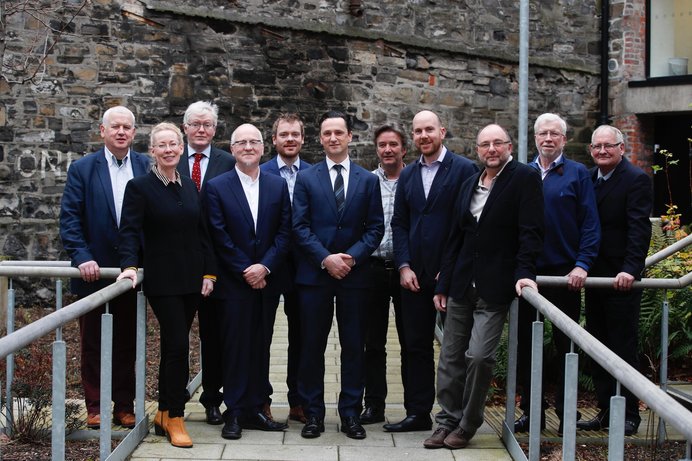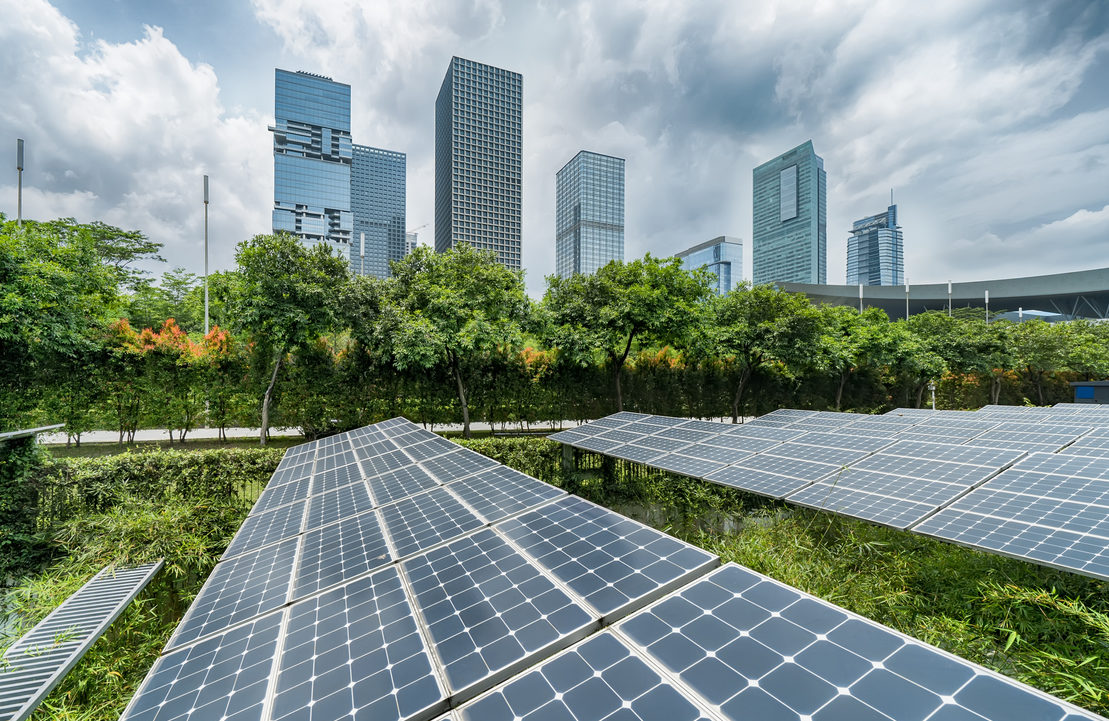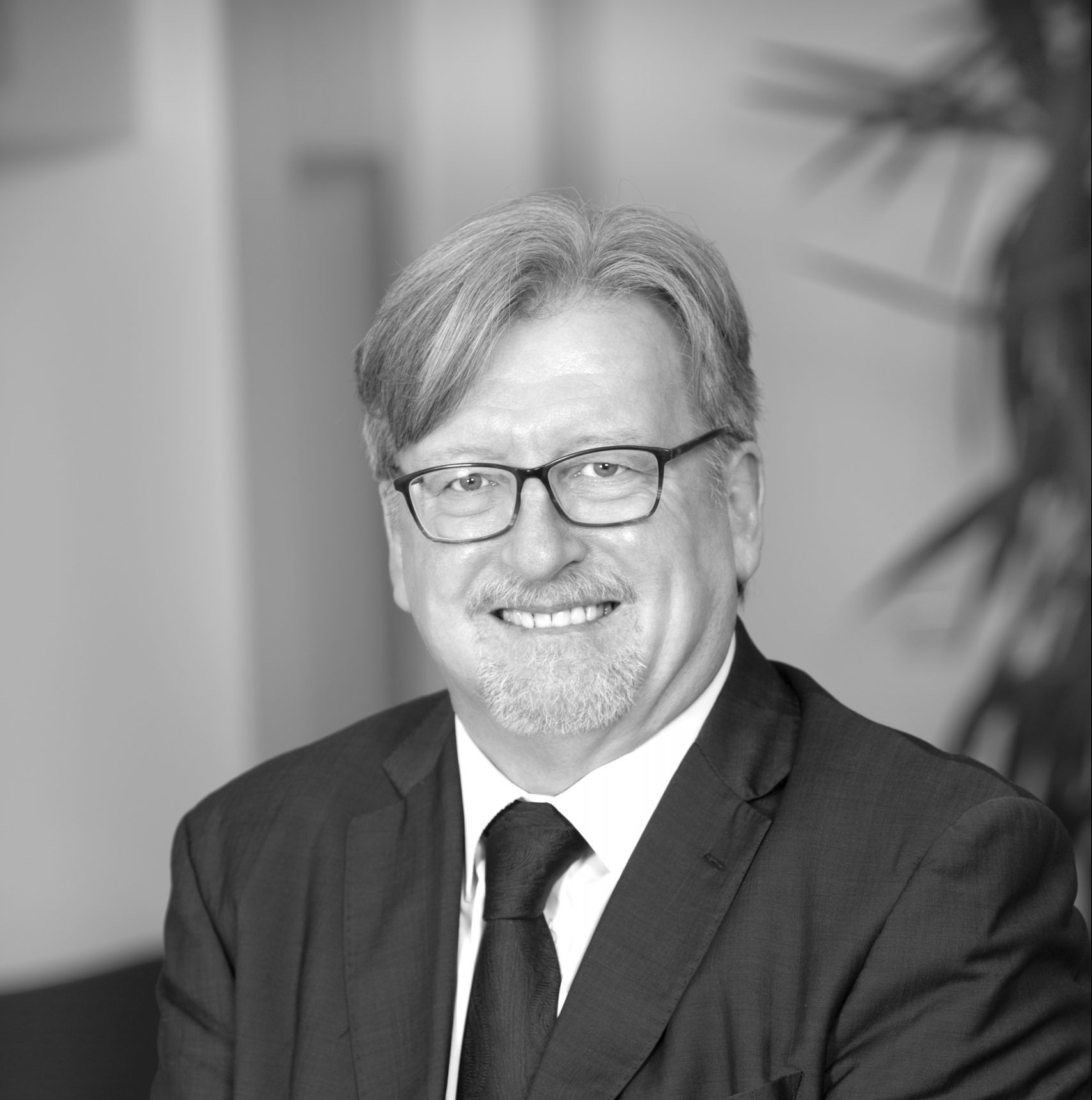Community Grid project launched at International Energy Research Centre workshop, Dublin

The International Energy Research Centre, (IERC) hosted by Tyndall National Institute, is pleased to announce an innovative research project that places the consumer at the heart of the energy system as it investigates how best to increase the clean energy production from local community systems. This €1.62m project involves the participation of prosumers, or active consumers, as they participate the trading of energy.
As Ireland pursues a decarbonisation pathway that requires a transition towards more sustainable energy sources, consumers and organised communities become integral in managing their own generation of energy and the trading of this renewable energy within their local (community) grid. This project will develop a community grid prototype solution that allows much more electricity from renewable energy sources to be produced within communities, accelerating the Energy Transition toward cleaner energy.
The IERC supported Community Grid project will feed into an existing grid network in Tallaght and will demonstrate local potential to external stakeholders such as regulators and grid operators. The project will recruit 20 prosumers from the existing pool of 200+ residential and commercial prosumers, most likely from the Glenasmole area. The project focus is on these organised prosumer Groups, including local communities, Energy Supply Companies and co-operatives. The Principal Investigator of this IERC project is Rene Pereen of Dublin Institute of Technology (DIT) with active collaboration from industry, civil society and the public sector, including Siemens, MPower, South Dublin County Council, Community Renewable Energy Supply, MSemicon and Systemlink.
Professor Tony Day, Executive Director of the IERC described “through the Community grid project, the IERC will work with Irish SMEs alongside multi-national companies, local government and communities to demonstrate how technologies can be used in new community led, smart and low carbon energy systems. Dr. Shafi Khadem explained how the enerXchange prototype will allow Irish consumers to trade short-term energy contracts locally within the Tallaght Community Grid”.
Professor Brian O’Neill, Director of Research, Enterprise, and Innovation Services at DIT, added “the Community grid solution allows much more electricity to be produced by communities, without jeopardising the reliability of the grid. It will accelerate the Energy Transition towards renewable energy and opens up the electricity industry to a whole range of young, smaller players. Communities will benefit greatly from local renewable energy potential in e.g. solar, hydro, biomass, and wind. This ‘Grid-Edge’ industry is reflected in the mix of large, established players as well as small, new players represented in the consortium”.
For more information please contact:
Dr. Matt Kennedy
Head of Strategy and Business, IERC
matthew.kennedy@ierc.ie, 087 265 0621
Rachel Power
Media, Marketing and Communications Manager, Tyndall National Institute
rachel.power@tyndall.ie 021 234 6341 , 087 710 4716
Notes for editor:
Technical
The project aims to demonstrate the successful management of key technical issues of grid disturbances, capacity management, flexibility, production resources. This project will use a modularised and flexible microgrid infrastructure (MiFIC) developed by the IERC. This project will propose a new Grid-Edge role in the supply chain: the Community System Operator (CSO). The CSO uses flexibility within a community to respond autonomously, i.e. without interaction with the Demand System Operator, to disturbances caused by production from that community. Community Grid does not depend on DSO for flexibility, instead using flexibility offered by prosumers in the Community Grid (‘Flexibility as a Service’, or FaaS). It makes response highly dynamic and scalable, maximising the ability to host local production without requiring structural upgrades.
About the consortium
The International Energy Research Centre (IERC) is an industry led, Irish Government supported Energy Technology Centre. Hosted in Tyndall National Institute at UCC, the Centre delivers world leading collaborative research to meet global societal needs for secure, affordable and sustainable energy services. It addresses energy systems integration challenges.
The research is an IERC and DIT collaboration. It confirms DIT’s position in providing world-class innovative R & D in the areas of Energy, Electrical Power engineering, Telecommunications and Energy Economics.
MPOWER was created as a result of a joint research project conducted by the Micro Electricity Generation Association (MEGA) and South Dublin County Council (SDCC). From that joint research project, aimed at enabling community engagement in renewable energy, grew the prosumer driven Community Grid concept.


